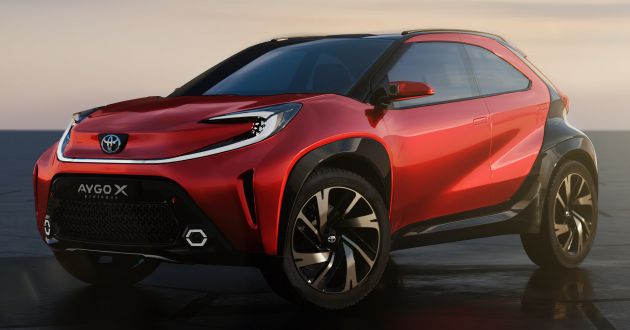Never has the idea of electric cars been so hotly pursued and consequently debated as it is today. It’s the future of the automotive industry, they say, but a senior Toyota executive will soon be expressing his skepticism on widespread EV adoption before US senators.
Toyota Motor North America director of energy and environmental research, Robert Wimmer, said the plans for car manufacturers to phase out the internal combustion engine must overcome many obstacles. Wimmer is set to testify at the Senate Energy and Natural Resources Committee hearing on March 23.
According to an advance copy of his statements that was shown to Reuters, Wimmer said: “If we are to make dramatic progress in electrification, it will require overcoming tremendous challenges, including refueling infrastructure, battery availability, consumer acceptance and affordability.”
He noted that, while some car brands have made aspirational statements and laid out ambitious transitional plans, less than 2% of vehicles sold in the US in 2020 were fully electric. Wimmer also highlighted that it took Toyota 20 years to sell more than four million hybrid cars in the US.


Besides customer acceptance, the EV infrastructure, specifically the charging network, is another very costly investment. At a recent news conference for the Japan Automobile Manufacturers Association, Toyota chairman Akio Toyoda said Japan would run out of electricity by summer if all the cars on the road were fully electric.
Toyoda added that the cost to develop an infrastructure that would completely support the EV transition will cost the Japanese government the equivalent of up to US$358 billion (RM1.47 trillion).
Cost aside, there is also a massive environmental challenge to overcome. A Thomson Reuters report states that, in the US, around 30% of electricity is generated by the burning of coal. In China, that figure is doubled. Globally, roughly 37% of the world’s electricity comes from burning coal.
Currently, the EV movement champions climate neutrality. But if the demand for electric cars skyrockets over the period of this decade, just how much of that growing demand can be fulfilled with clean energy? According to best estimates, the growth in EV adoption could see a monumental 300-fold increase in electricity consumption by 2040, compared to 2016.
To cope, the energy grid will need to evolve significantly, and at a pace never before seen. But this shift to clean energy is not without its own environmental, economic, and legislative impact. One could argue that oil refineries and coal-burning powerplants may soon be a thing of the past, but in their place will be solar farms and battery manufacturing facilities, the latter involving processing lithium, cobalt and other rare earths. Battery recyclability is also another concern.
As for solar farms, new studies have found that the photovoltaic panels can only convert 15% of the sunlight they absorb into electricity, with the rest being emitted as heat. This, again, adversely affects the climate due to a phenomenon known as feedback loop. This is caused by steep temperature and air pressure differences, which could bring about undesirable environmental consequences even in the naturally arid expanse of the Sahara, for example.
All this to say, it’s easy to get mesmerised by a company’s grand vision for a greener planet. The EV hype is also exacerbated by the potential thrill behind the wheel – everyone loves a car with rocketing acceleration. But we are just at the beginning of the EV revolution, and as history has shown, every action has a consequence. Just how ready is the world ready for a full electric future?
The post Mass EV adoption involves major challenges – Toyota appeared first on Paul Tan's Automotive News.



0 Comments